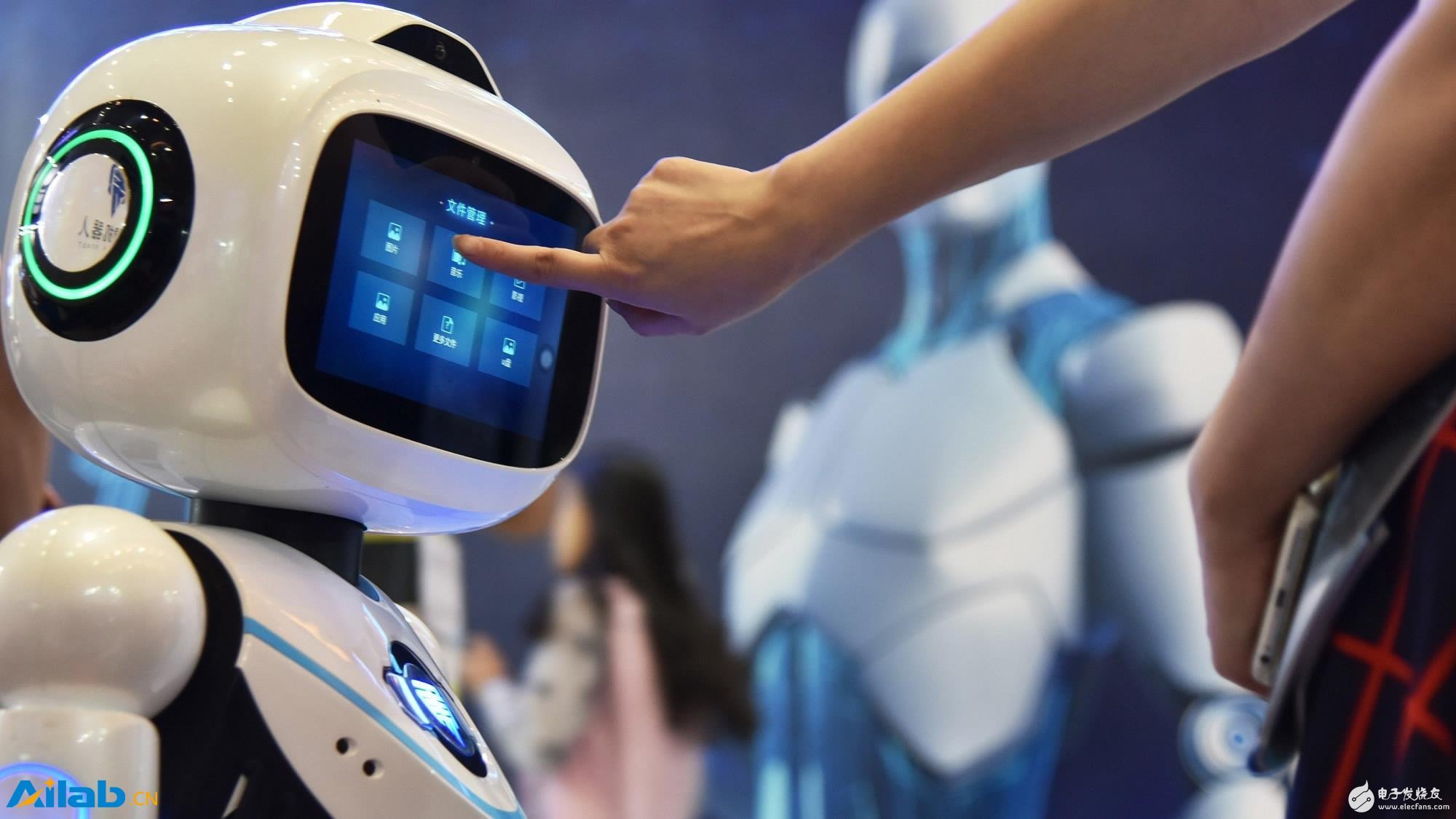According to the Financial Times, in the arms race of artificial intelligence development, China wants to become the undisputed AI superpower in the world. The National Science Foundation (NSF) has not increased its investment this year. By contrast, China is committed to “using the government and social capital to dominate the industryâ€.
U.S. and Chinese technology companies are investing heavily in capital and human resources to develop AI, but the Chinese government’s blueprint for investing in artificial intelligence – a $150 billion industry by 2030 – underscores its desire to beat the US, now Few people will ignore China's influence in the AI ​​field.

Competitive Advantage
"It is too pessimistic to achieve in 2030," said Li Kaifu, founder of the innovation work. He cites all the advantages of China in one breath: population base; data; talent; even the number of lines of code written.
The number of Chinese netizens has reached 730 million, nearly double that of the United States, and they are more familiar with technology. “China’s mobile industry is far ahead of any other country,†says a technology industry. “So you have a huge lab to study exciting AI applications. In China, we see every day. There are different consumer behaviors, compared to the slow development of the United States in this area."
Then, the country has huge amounts of data, and the data is the lifeblood of all types of AI applications from driverless cars to recommended e-commerce sites. The three Internet giants Baidu, Alibaba and Tencent (BAT) have collected a large amount of user data from their popular product services. They can say that they know what people bought, where they travel, who they talked to, and so on.
In terms of financial resources, China has also made the United States, which is cutting its budget, unmatched. James Lewis, a senior researcher at the Center for Strategic and International Studies in Washington, pointed out that "Chinese people invest billions of dollars, and we in the United States only invest millions of dollars. When your investment is only one thousandth of others." It's hard to compete. The firepower is so much different from others, we can't win; even if the other party's efficiency is only half of ours, our firepower is only one-fifth of them."
Some people say that China's operational efficiency in this area is improving. Lei Ming, co-founder of Baidu and co-director of Peking University’s AI Innovation Center, said, “The government’s investment approach is becoming smarter.â€
“Previously they just invested in research projects, large state-owned enterprises or colleges. But now, they are more likely to vote for private companies and invest in companies that are more active and can actually make products and services.â€
The Chinese government also stressed in its report on its AI development goals that “it is necessary to look around the world and China must raise the development of AI to the national strategic level... It is necessary to firmly grasp the strategic objectives in the new stage of AI international competition to create New competitive advantages, promote the development of new areas, and effectively protect national security."
Lack of talent
There are also critics who do not look at China, saying that the country is still far behind other countries in the AI ​​field, and there is also a lack of talent resources to catch up. According to a recent survey by LinkedIn, a professional social network, only 50,000 people in China are engaged in AI-related work – significantly less than the 850,000 in the US, and only one-third in the UK and India.
In order to catch up, whether at the government or at the private sector, China is seeking to spend a lot of money to attract overseas talent, especially returnees. A typical representative of returnees is Lu Qi, who worked for Microsoft and is currently the vice chairman of Baidu's board of directors and general manager of the smart driving business group.
It remains to be seen whether these talents fit in with the country's development philosophy: China will participate in the global AI development and development community, not just the degree of participation in the arms race between countries.
Chinese engineers say their research is shared. Many people work on open platforms—Baidu even claims that its recently released code base allows individuals to assemble support (limited) autopilot cars in just three days.
However, BAT, Google, Facebook, Microsoft and Amazon still have the potential to control the core technology of AI, the next industrial revolution.
"The seven giants in the AI ​​field will become mysterious, creating a virtuous circle (doing more product services and accumulating more data), so that the rest can only grab breadcrumbs?" Li Kaifu asked. "I don't agree with this."
In any case, in order to gain a dominant position in the AI ​​field, China will invest huge amounts of capital and political capital.
Academic research progress
The Financial Times recently discovered that last year, China’s artificial intelligence academic papers exceeded the total number of 28 EU countries for the first time.
SUNLUX IOT Technology (Guangdong) INC. , https://www.sunluxbarcodereader.com